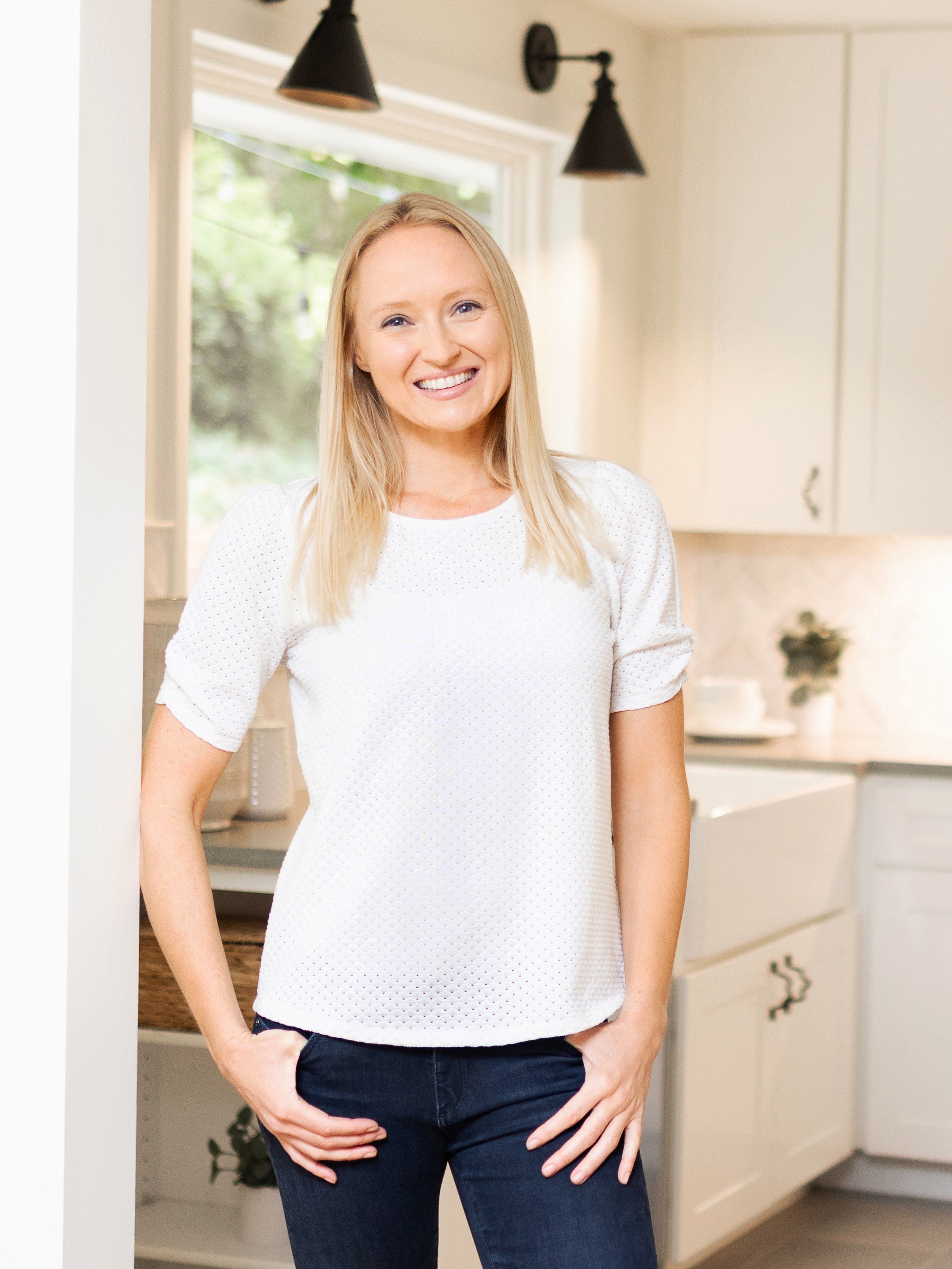Should I Sell or Rent my home?
If you're planning to move into a new home and don't need to sell your current one, you might be wondering whether to sell or rent out your property. It can be tempting to hold onto that low interest rate, especially if the potential rent could cover your mortgage payments. But is becoming a landlord the right move for you?
While rental properties can be valuable investment tools, they're also more time-consuming than many other investment options. Before you decide, here's what you need to consider:
1. Get Clear on ALL the Numbers
Most people only look at the basic equation: "Will the rent cover my mortgage?" But there's much more to consider:
- Calculate your total monthly payment (mortgage, taxes, insurance, HOA fees)
- Estimate what you could conservatively rent your home for (be realistic!)
- Factor in leasing costs (typically one month's rent)
- Budget for vacancy periods (2-3 months between tenants)
- Consider property management fees if you don't want to self-manage (about 10% of monthly rent)
- Plan for maintenance and repairs (around 10% of the annual gross rent)
When you add up all these costs and compare them to your estimated rental income, the picture might look quite different. You may find yourself operating at a loss, which isn't necessarily bad—but it's important to know what you're getting into.
2. Evaluate Your Property's Appreciation Potential
Not all properties make good long-term investments. Ask yourself:
- Is your home in an area with strong growth prospects?
- For condos, are the HOA fees stable, or are they rising (which could hurt future value)?
- Does your property have features that will remain attractive to renters over time?
3. Consider Your Timeline
This is particularly important in DC due to our strong tenant protection laws:
- Do you anticipate needing or wanting to sell your home in the next 3-5 years?
- Are you aware that as a landlord in DC, you may not be able to determine when your home will be vacant again?
- Do you understand that tenant-occupied homes typically sell at a steep discount?
4. Assess Your Risk Tolerance
Ask yourself some tough questions:
- How comfortable are you with carrying the housing payment for up to 12 months without rental income if necessary? (Remember, the DC eviction process can take 9-12 months)
- Do you have sufficient reserves to handle unexpected repairs or extended vacancies?
- Are you prepared for the responsibilities of being a landlord?
5. Value Your Time
Being a landlord isn't passive income—it requires active management:
- A self-managed property easily requires 2-4 hours per month
- What is the value of that time to you?
- Are you prepared to handle tenant calls, coordinate repairs, and manage lease agreements?
When Renting Out Your Home Doesn't Make Sense
While rental properties can be a profitable part of a long-term investment strategy, there are situations where it's better to sell:
- If you're only holding onto the property to "see if market conditions improve in a year"—the costs of renting and preparing your home for sale after a tenant moves out are likely to exceed any potential market gains
- If you don't have the financial cushion to handle vacancies or major repairs
- If your property has features that make it particularly challenging to maintain as a rental
An Alternative Approach
If you're interested in real estate investing but your current home isn't ideal as a rental property, consider selling it and using the proceeds to buy a different property specifically chosen for its investment potential.
Final Thoughts
Becoming a landlord comes with both rewards and risks. The key is to make your decision based on a complete financial picture and a realistic assessment of your tolerance for the responsibilities involved.
Want to discuss your specific situation and run the numbers? I'd be happy to help you evaluate whether keeping your home as a rental aligns with your long-term financial goals. Reach out anytime!
Thinking about buying a second home?
Thinking about buying a second home? Let’s talk. I can help you evaluate your options and find the perfect property to match your vision.




.jpg?w=128&h=128)